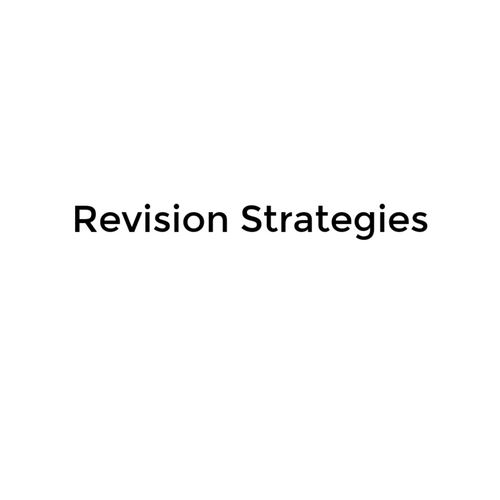The Literary Analysis and Research Argument
It's an analysis.
Of literature (a novel).
With equal part emphasis on research.
And, it's an argument.
Components
- Clear, concise thesis that is arguable
- AN ARGUMENT
-
Body paragraphs with evidential support
- Primary text, and...
- Research/secondary sources
- Claims, Reasons, Evidence, Warrants
- Clear, logical transitions between:
- Thesis and body paragraphs
- Body paragraphs
- Body and conclusion
- Evidential Support
- A conclusion that doesn't merely restate argument
Areas of Potential Focus
- Plot
- Context
- Setting
- Characters
- Literary Devices
- Literary Theories
- Cultural Theories
- Themes
- Symbol
- Metaphor
Consider:
- How components relate to each other
- What those components mean
- Why a particular analysis/argument matters
You must consider purpose.
Ask: So what?
When Writing the Analysis:
- Focus specifically on the text
- Utilize research to support (not make) your analysis
- Make a specific, arguable thesis about your novel
- Support all arguments with specific claims and evidence
Research Evidence Might Be:
- Logical
- Factual
- Statistical
- Anecdotal
- Theoretical (background or synthesis of theory)
Arguable Theses:
- Our Lady of the Ruins' crisis of faith represents a necessary reconsideration of the definition of faith in a post-patriarchal society.
- Vocalization, song, and confession in Our Lady of the Ruins all illustrate an ecocritical act of creation.
Forms of Textual & Research Evidence
- Quotations
- Paraphrase
- Summary
You must cite all material from your primary or secondary sources.
- Relate all research and evidence to your thesis
- Avoid overuse of sources
- Do. Not. Plagiarize.
- Focus on your argument, not your sources'.
The Literary Analysis and Research Argument
By Justin Daugherty
The Literary Analysis and Research Argument
- 583



